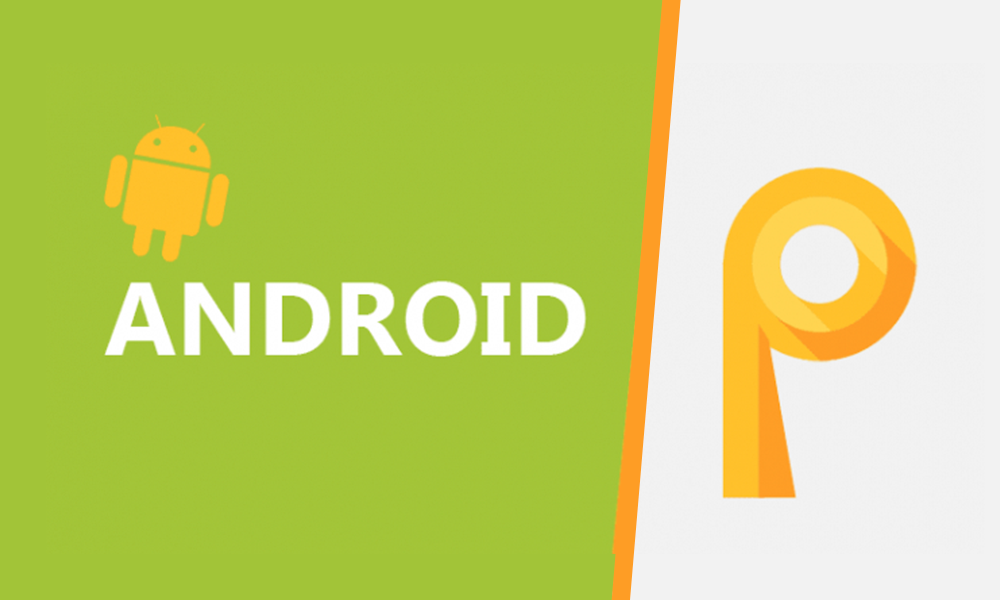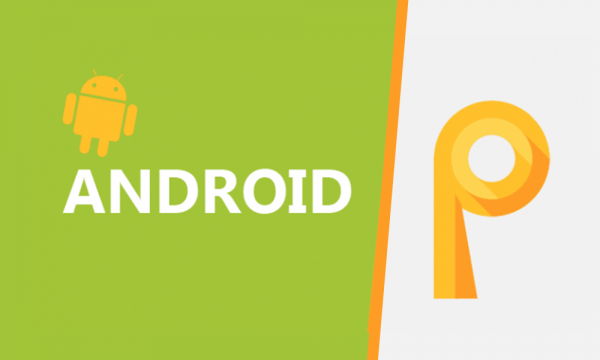Google has released the 9th major update to its Android mobile platform. The new Android version was announced at Google I/O 2018 and was referred to as Android P until Google finally unveiled the codename ‘Pie’ (not exactly the name people were expecting).
Android Pie is coming at a time when Google is making strategic moves in artificial intelligence, and the search giant is leveraging AI to promote these three themes in the new OS: Intelligence, Simplicity and Digital Wellbeing.
The new Android version comes with a ton of exciting features. You can check them all out on the Android blog.
Adaptive Usage
As stated earlier, Google is using some of its machine-learning magic to bring a personalised Android experience that is continually adapting to how you use your phone and learning your preferences over time. Adaptive Battery learns how you like to use your phone, so it limits battery drain from apps that are not in use. The system can so learn how you like your screen brightness and automatically adjusts to suit your preference. App Actions can predict your next actions and presents shortcuts to get to your next task quickly.

Digital Wellbeing
Android Pie is finally addressing the age long concern of smartphone addiction with its new digital wellbeing dashboard. The dashboard will give you information on the number of times you’ve unlocked your phone in a day, how many notifications you get, and how much time you spend on apps. You can then set a time constraint on apps if you feel you need to reduce your phone usage.
You’ll also be able to set up screen time limits for specific apps, like YouTube, and even receive recommendations to take a screen break. There’s also a Wind Down Mode where you can tell Google Assistant when you would like to go to bed, and it will automatically put your phone on Do Not Disturb mode and switch your screen to grey-scale over a period of time. Awesome!
Improved privacy
Android 9 will now restrict access to the phone’s microphone, camera, GPS and other sensors from idle apps or apps running in the background. If an app needs to access a sensor while running in the background, it will have to show a notification on your phone.
Gesture Navigation
Android Pie is bringing a new gesture-based navigation to its user interface. The usual three-button navigation is giving way to a single pill-shaped button that’ll aid the finger gestures.
The update is rolling out to Google pixel devices first before it hits other devices.
Feature image: Google


